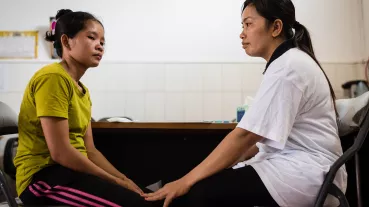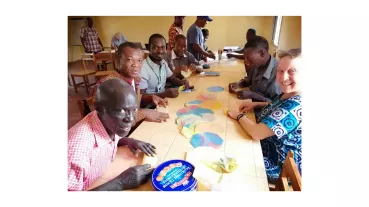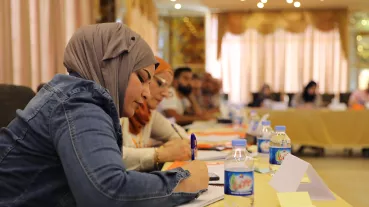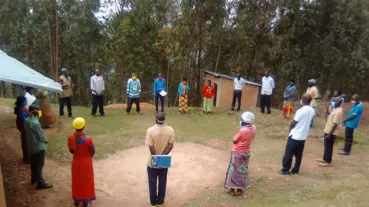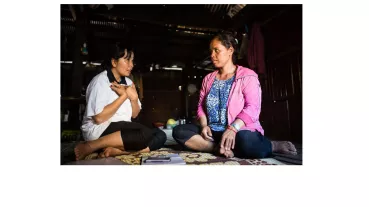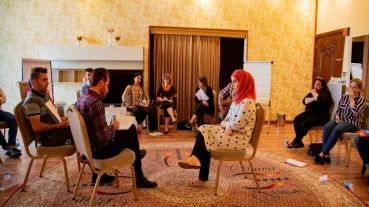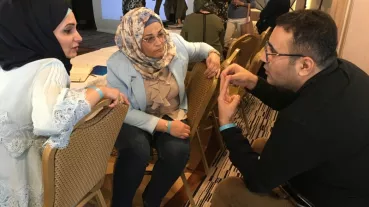PAMELA – Prevention and Management of Phantom Limb Pain
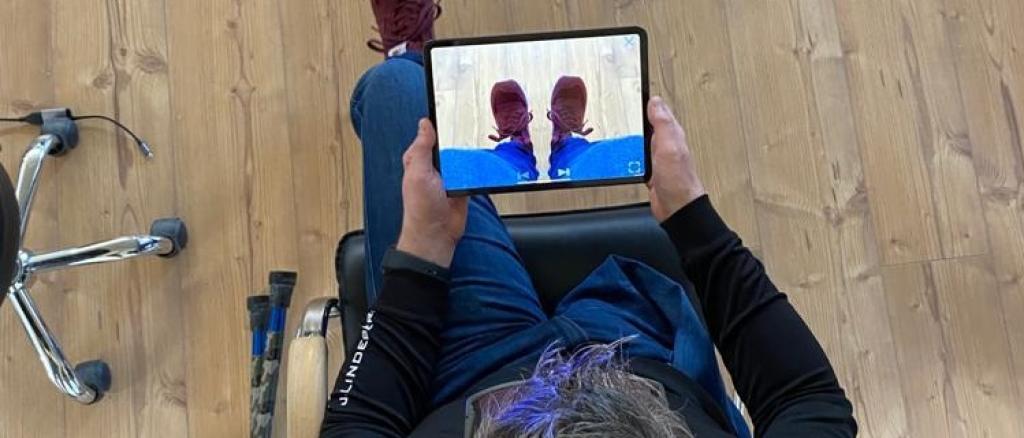
Situation:
Numerous people in Ukraine have had to undergo limb amputation. In addition to the restrictions that an amputation places on daily activities, those affected often suffer from phantom limb pain that is difficult to treat. Under the conditions of war in Ukraine, it is difficult to provide the large number of amputees with access to appropriate pain management care.
Objectives:
The PAMELA project has 2 major goals:
(1) Knowledge and skills transfer by providing evidence-based recommendations and teaching materials on the prevention and management of phantom limb pain for interprofessional teams.
(2) Empowering patients to therapeutically self-manage phantom limb pain using a pain app.
- number of Ukrainian institutions initiating the app application as cooperation partners
- number of amputees who could be treated with the pain app
- Development of evidence-based recommendations and educational material for surgical techniques to prevent phantom pain
- Development of evidence-based recommendations on anaesthesia and acute pain management
- Development of evidence-based recommendations for rehabilitation and pain management of phantom limb pain
- Adaptation of the existing Routine Rehab App for the treatment of phantom limb pain to the needs of Ukrainian patients with phantom limb pain and their practitioners
The transfer of knowledge and empowerment for self-management helps to save limited local medical resources and improve the quality of care at the same time. Assuming appropriate adaptations in terms of language and resources, the pain app could also be used in other crisis regions of the world with high amputation rates.
The PAMELA consortium is a multinational and interdisciplinary team that brings together the expertise of multiple specialities. We are united by the idea that people affected by amputation in Ukraine must be helped in an uncomplicated and unbureaucratic way so that they can manage with their lives after an amputation.
